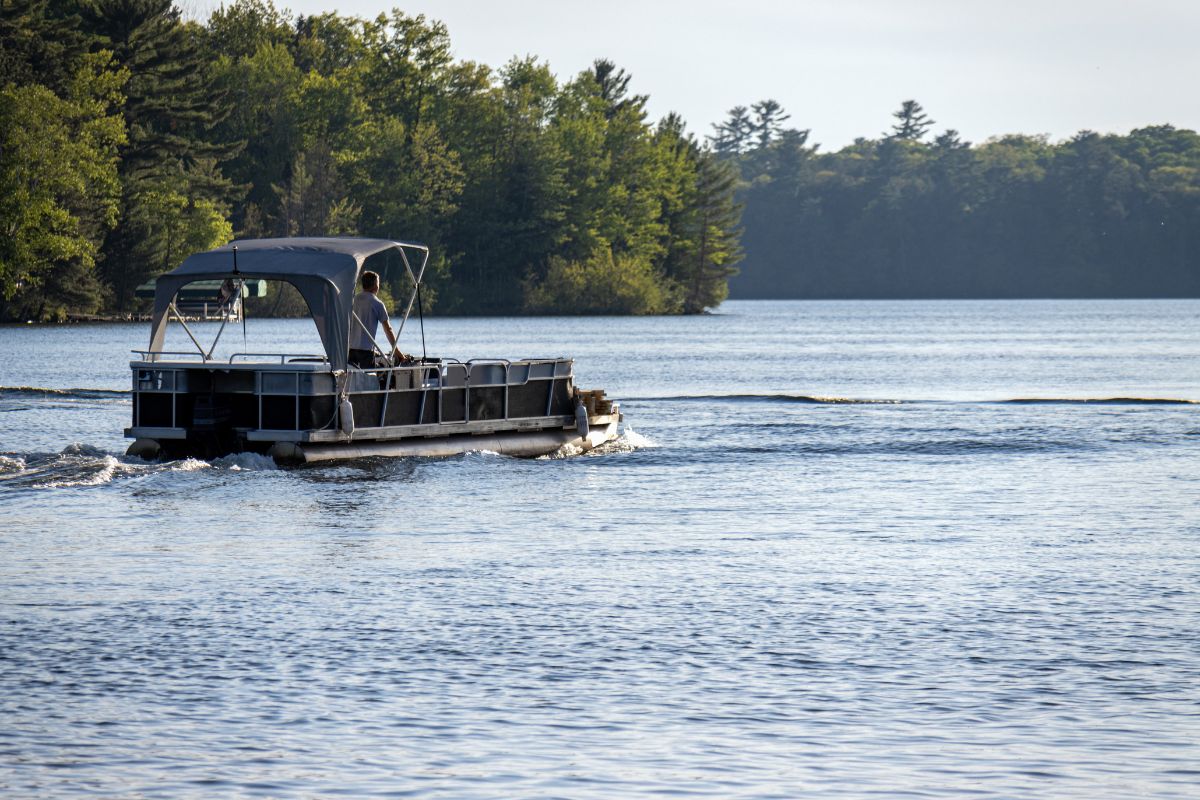
Cause of Boating Accidents
Heading out for a day on the lake is one of the best ways to beat the summer heat in Wisconsin. Unfortunately, lakes can also be accident sites when boaters are negligent. The Wisconsin Department of Natural Resources reports that in a ten-year period, from 2010 to 2019, there was an annual average of 104 accidents on Wisconsin lakes. In 2019 there were 83 boating incidents which resulted in 9 fatalities and 50 injuries.
Boating accidents can cause painful and lasting medical problems, as well as high hospital bills for the victims. The boat owner’s negligence can cause such accidents. For instance, when the:
- Water conditions are hazardous
- Equipment / Machinery Failure
- The operator is too inexperienced
- The operator is impaired due to alcohol or drug use
- The operator is not paying attention
- Submerged obstruction
- Passenger behavior
- The operator is failing to follow boating laws and regulations
- The boat does not include required safety equipment such as regulated lights, horns, and life preservers
- In 2019 alone, 8 out of the 9 fatalities were not wearing or using a life preserver.
- Operator is speeding
- The operator is creating dangerous wakes in “no wake” areas
When you drive a boat, you must take responsibility to ensure the safety of everyone in the surrounding area. Negligence can result in dangerous accidents that leave victims injured.
Requirements and Education
The Wisconsin Department of Natural Resources (DNR) enforces laws and regulations with regard to boating in the state. You can find the Handbook of Boating Laws and Responsibilities here. Some of the important legal requirements for boating in Wisconsin are:
- Safety Certification – Operators born on or after January 1, 1989, must have a Wisconsin boating safety certification or an out-of-state certification.
- Age Restriction – It is illegal for anyone under the age of 10 to operate a boat. Children between the ages of 10 and 15 may operate a boat when accompanied by a parent, a guardian, or a designated adult who holds a valid boating safety certificate or was born before January 1, 1989.
- Boating Under Influence – Wisconsin law prohibits anyone from operating a motorboat or manipulating water skis or similar devices while under the influence of alcohol or drugs. The legal limit for blood alcohol concentration while operating a boat is 0.08%.
- Trash – It is illegal to dump refuse, garbage, or plastics into any state or federally-controlled waters.
- Personal Flotation Devices – All vessels (including canoes, kayaks, and paddleboards) must have at least one USCG–approved wearable personal flotation device or PFD (life jacket) for each person on board. Federal law requires children under the age of 13 to wear a USCG–approved PFD while underway in an open vessel on federally controlled waters
- Fire Extinguisher – Any non-rechargeable (disposable) fire extinguisher that is older than 12 years should not be used. Boats with inboard engines, closed compartments that store portable fuel tanks or permanently installed fuel tanks must carry a Type B, U.S Cost Guard approved fire extinguisher.
Reporting Boating Accidents
As per Wisconsin law, a boat incident is considered reportable either when it results in:
- loss of life
- injuries requiring medical treatment beyond first aid,
- boat or property damage exceeding $2,000,
- or complete loss of a boat
Operators involved in such accidents must immediately report the incident to law enforcement officials and submit a written report within 10 days using the:
- Boat Operator Incident Report: Form 4100-020 [PDF]
- Boat Operator Incident Report, Spanish Version: Spanish Version USCG Operator Report Form [PDF]
Forms are also available from DNR offices, sheriff’s departments and many local police departments. Failure to comply with these requirements may result in a penalty of up to $326. Please note that information from this report may not be used as evidence in a civil or criminal trial.
There are many education and outreach programs available. For instance, the “Kid’s Don’t Float Life Jacket Loaner Board” program is a co-op program between the DNR and community partners. Wisconsin places life jacket loaner stations at boat landings to provide boaters with loaner life jackets. The program has 147 stations at present across the state.
How Can Habush Attorneys Help
If you or a loved one have been involved in a boating accident, it’s important to seek the help of an experienced personal injury attorney. Attorneys at Habush Habush & Rottier can assist you in recovering compensation for your injuries and damages. Take action today and contact our firm for a free consultation.